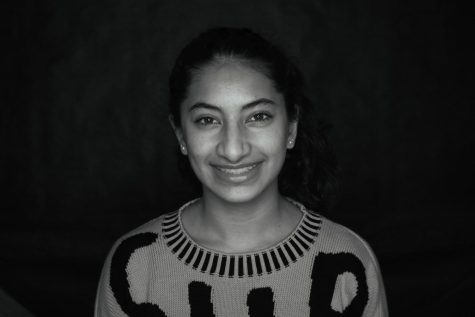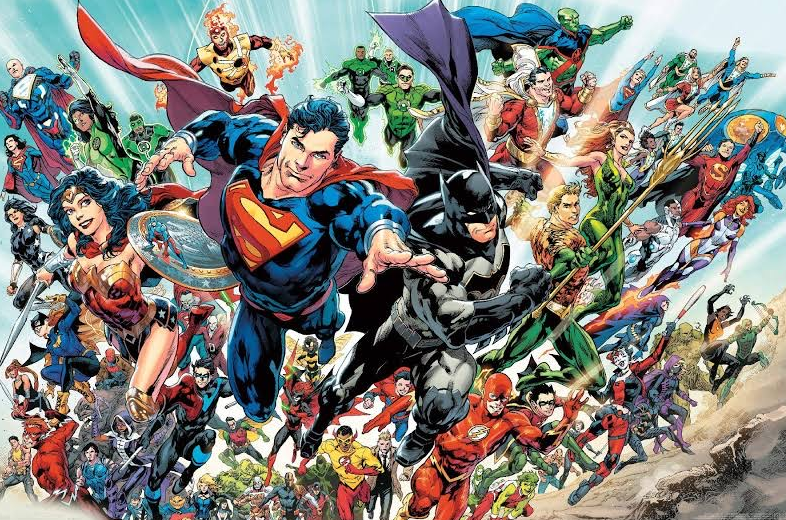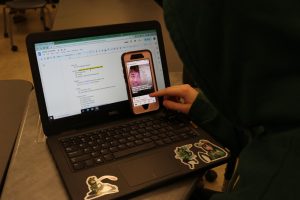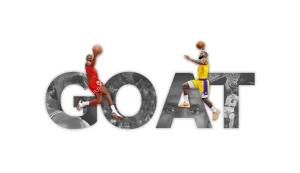“Not Even Water?”: Why I Actually Love Fasting
A colorful Eid Al-Fitr celebration, marking the end of Ramadan
April 25, 2023
“Not even water? That must suck.”
As another Ramadan (fasting) comes to a close, I have bittersweet feelings as Eid Al-Fitr also approaches, marking the end of the holiest month in the Islamic calendar. During Ramadan, Muslims fast from sunrise to sunset each day for one month, not consuming any food or drink. Not only is Ramadan the time of the year during which I feel most in touch with my religion and my family, but it is also the time of the year during which my religious identity becomes more frequent in conversations in school.
I love fasting because it brings me closer to God, and it really isn’t as demanding as others assume. Despite this, I receive comments soaked in pity throughout the month, with others expressing their sympathy for the fact that I’m fasting. Undoubtedly, the comments I receive the most are variations of the question, “Not even water? Aw, that sucks.”
Having to hear these comments almost on a daily basis, even multiple times a day at the start of the month, might be even more exhausting than the fasting itself. Instead of asking about my religion or why I fast or about the details of fasting, it seems like others at school are solely interested in sympathizing with me for something I love to do
The thing that most people don’t seem to understand is that by feeling bad for me for simply participating in a part of my religion, by extension they’re basically feeling bad for me because I’m Muslim.
As a religious minority in the country, I feel like I’m constantly being questioned about my religion,. While I love answering questions and educating others on something they may not have known before, it’s easy for me to feel isolated in settings where I find myself as the only Muslim.
In elementary school or with friends who didn’t know a single thing about Islam, I always used to feel left out, insecure, or “weird” for having to explain why I do some things or why I don’t do other things.
These experiences range from having my modesty questioned when my friends would tell me to wear shorts more often, as recently as middle school, to having to explain that I can’t eat gummy bears or marshmallows because of the pig gelatin, which some of my friends didn’t even know was a thing. Or having to explain during lunch that I’m not a vegetarian but I can only eat halal meat, which school doesn’t provide at lunch.
While it’s easy for me to tell people these things now, especially because I don’t feel weird talking about my religion anymore, it was difficult and sometimes even embarrassing for me to talk about as a kid.
In the time after the pandemic, I started to find my voice, and while I was becoming closer with my religion, I was also much less embarrassed to talk about it because, to put it simply, there just isn’t anything to feel embarrassed about. I didn’t feel like I was missing out on anything anymore. It wasn’t the end of the world if I didn’t wear a short dress to the eighth grade social, in fact I preferred it, and it certainly wasn’t a big deal to have food restrictions.
Now, as a Muslim teenager, listening to someone tell me that they “feel bad” for me because I’m fasting leaves me uncomfortable and clueless as to how to respond because I don’t feel bad.
I’ve already spent a small chunk of my life as a kid feeling alienated and bad for myself because I couldn’t participate in things my friends did, like roast marshmallows at Camp Kon-o-Kwee or wear revealing swimsuits at pool parties, but over time I’ve learned to embrace my religious identity, and I’ve grown so much closer to Islam in the past couple years than I have my entire life.
So now if someone asks me, “Not even water?” and follows it up by saying they feel bad that I “have to” fast, I’ll finally use my voice to correct them and tell them I don’t “have to” do anything. In fact, I want to fast, but most of all, I want to be Muslim, and I don’t need to hear anybody pitying me for it.












